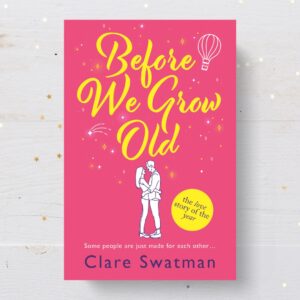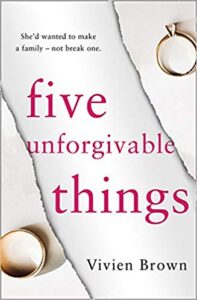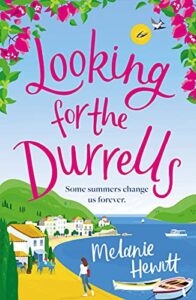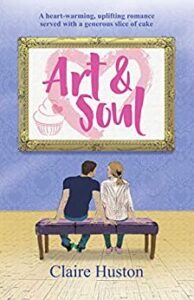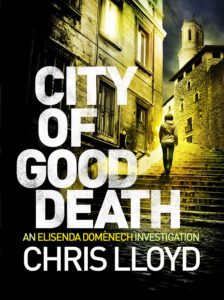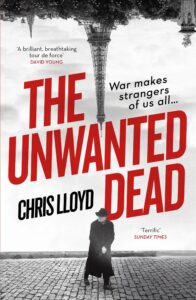The Lido by Libby Page
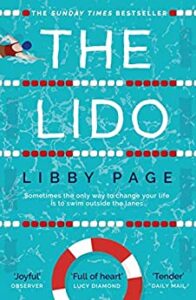 I had just one question when I finished The Lido – why on earth hadn’t I read it before? Telling the story of 86 year old Rosemary and 26 year old Kate’s campaign to save their local lido it is a novel that will stay with me for a very long time, and days after finishing it I still have the most terrible book hangover.
I had just one question when I finished The Lido – why on earth hadn’t I read it before? Telling the story of 86 year old Rosemary and 26 year old Kate’s campaign to save their local lido it is a novel that will stay with me for a very long time, and days after finishing it I still have the most terrible book hangover.
As an author, I am asking myself why, trying to analyse and unpick it. But the fact is, it comes down to the characters; real, flawed and completely beguiling. I genuinely felt as though I knew them personally, and that is a rare writing gift indeed.
Truth be told, I didn’t instantly gel with the book. I wasn’t sure about the way it was written (third person present tense) but as the story unfolded I very quickly ceased to notice. I was pulled into the vividly and quirkily portrayed Brixton world, and if I was tugged out of the narrative at all it was to appreciate how clever the descriptions were, and how they helped to move the story along.
The Lido is fundamentally a story of a friendship between two very different women. Kate, a journalist, young, lost and struggling to find her feet in a new city, and Rosemary who initially comes over as the strongest of people, but of course there are chinks in her armour too. Their relationship is forged by their desire to save the local lido that means so much to both of them but it also looks back to Rosemary’s own love story with her late husband George, and maybe even forwards to a romance for Kate too.
Surrounded by a brilliant cast of supporting characters – including an urban fox – Rosemary and Kate pull together in what seems to be a hopeless battle against the developers. And at the end of the day, this is one of those wonderful books where the journey is more important than the outcome. But of course, to say what the outcome is would be cheating. Dive into The Lido and read it yourself.
A Terrible Kindness by Jo Browning Wroe
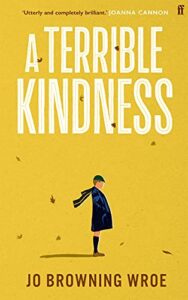 What a stunning book. Although it was only published this week it is destined to become a modern classic too. What drew me to is initially was because it starts at Aberfan, and which cast a long shadow for any child growing up in South Wales in the 1960s and 70s, and because it wasn’t screaming any particular genre at me. It intrigued me and I wanted to dive in.
What a stunning book. Although it was only published this week it is destined to become a modern classic too. What drew me to is initially was because it starts at Aberfan, and which cast a long shadow for any child growing up in South Wales in the 1960s and 70s, and because it wasn’t screaming any particular genre at me. It intrigued me and I wanted to dive in.
William Lavery is a newly qualified embalmer who volunteers his skills to help in the immediate aftermath of Aberfan. It is a part of disaster recovery we rarely consider and the flavour of the book is quickly revealed as it focuses just a little on the mechanics and a great deal on the emotions. You learn just enough of the nuts and bolts to be drawn into William’s world but perhaps it isn’t for the over-squeamish.
William’s is not a world shaped only by the terrible nightmares and flashbacks born from his experiences working on those children’s bodies and we soon learn his past holds its own mysteries and traumas. Piece by piece they are cleverly revealed, building William into one of the most fascinating fictional characters I have come across in recent years, always on a knife edge between genuine happiness and self-destruction.
It is a remarkable debut, full of clever intricacies and memorable characters, but never so over worked that William’s story is not centre stage. I hesitate to use the phrase ‘must read’, but I think losing yourself in this book would be time well spent.



